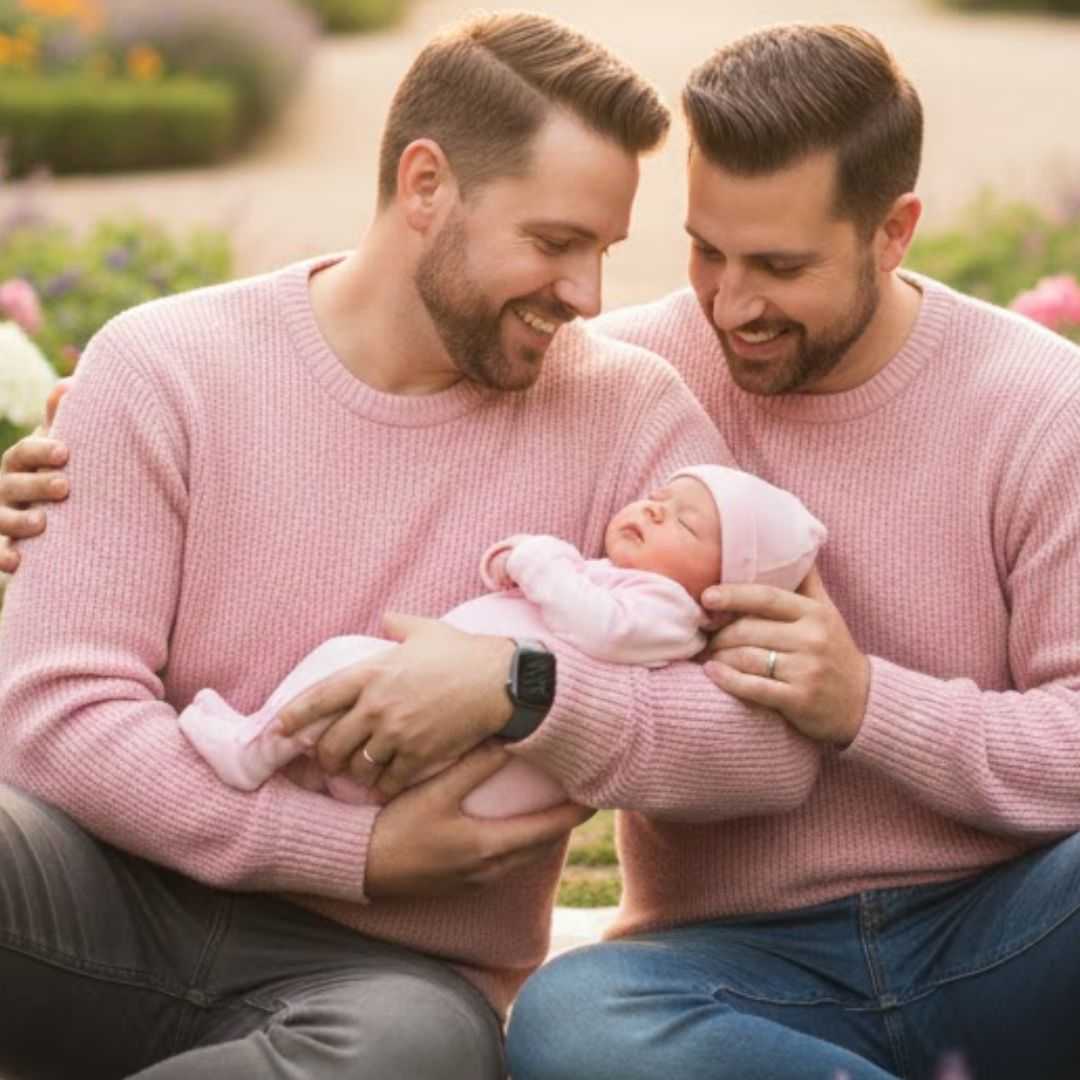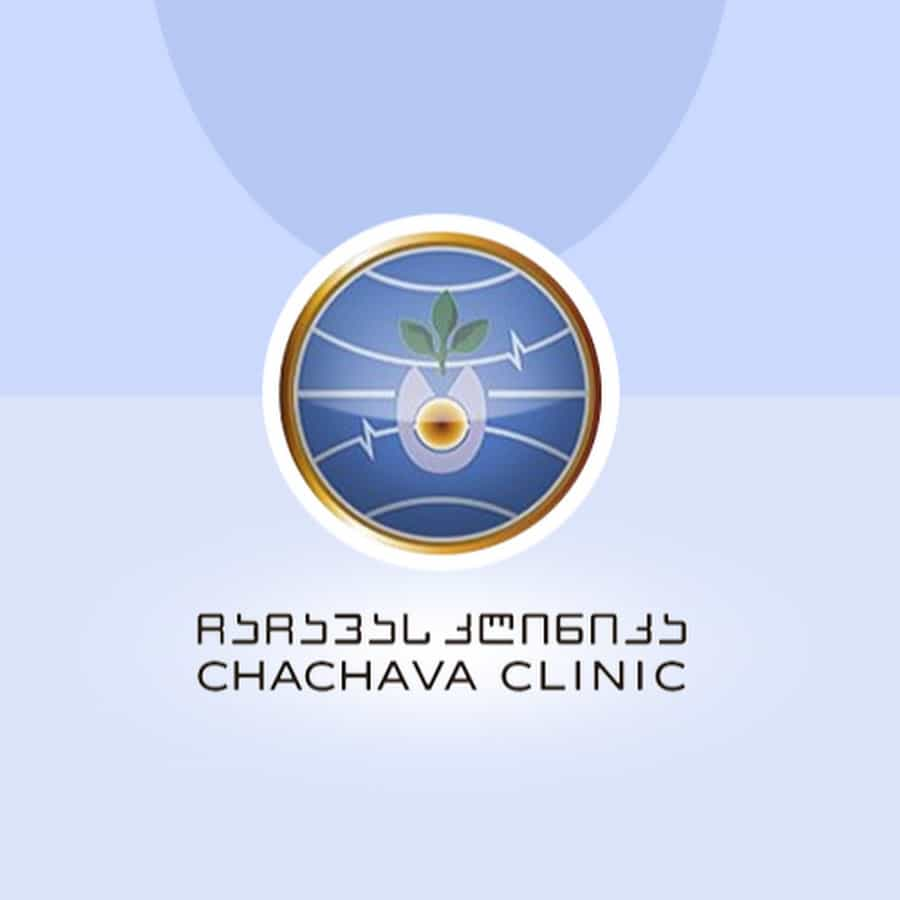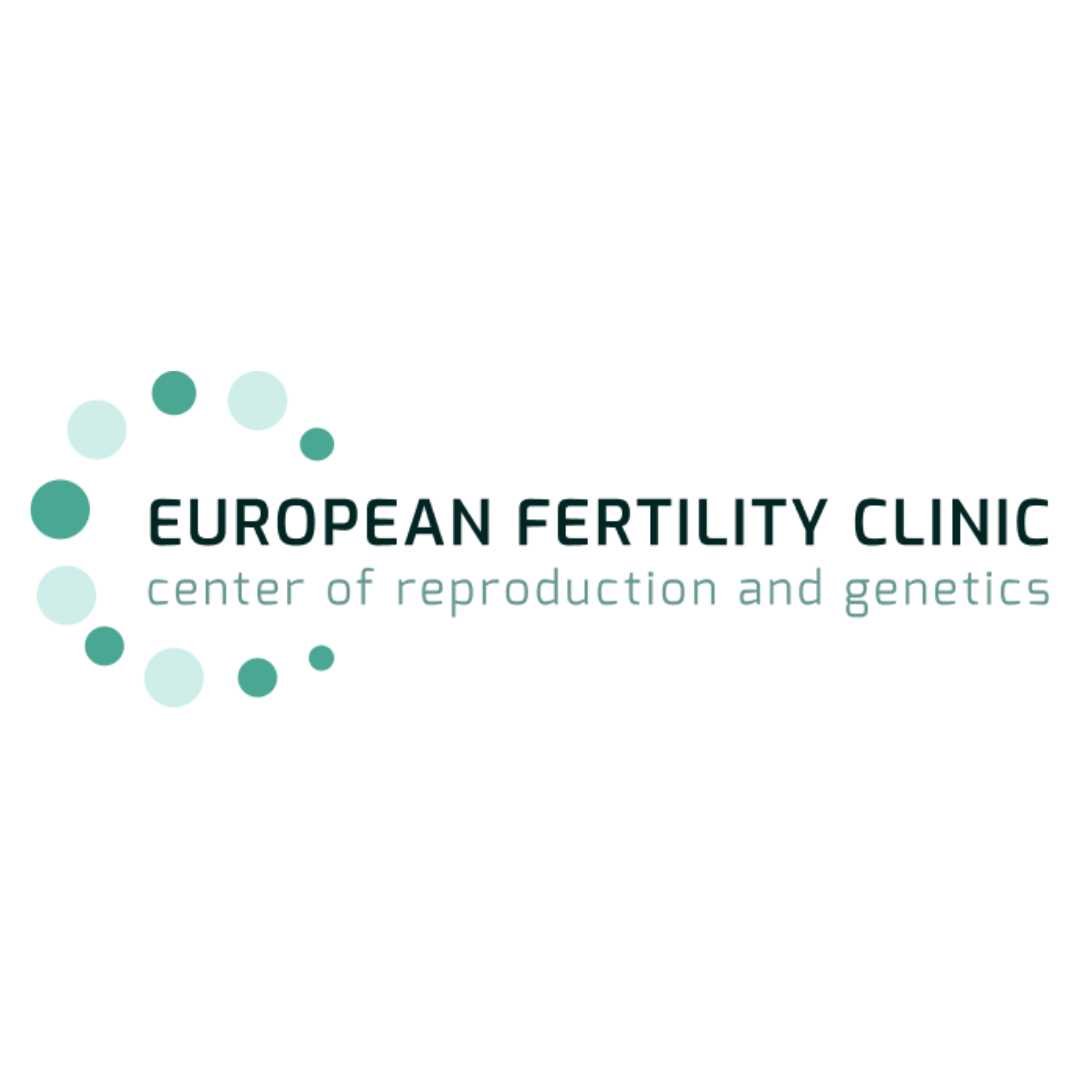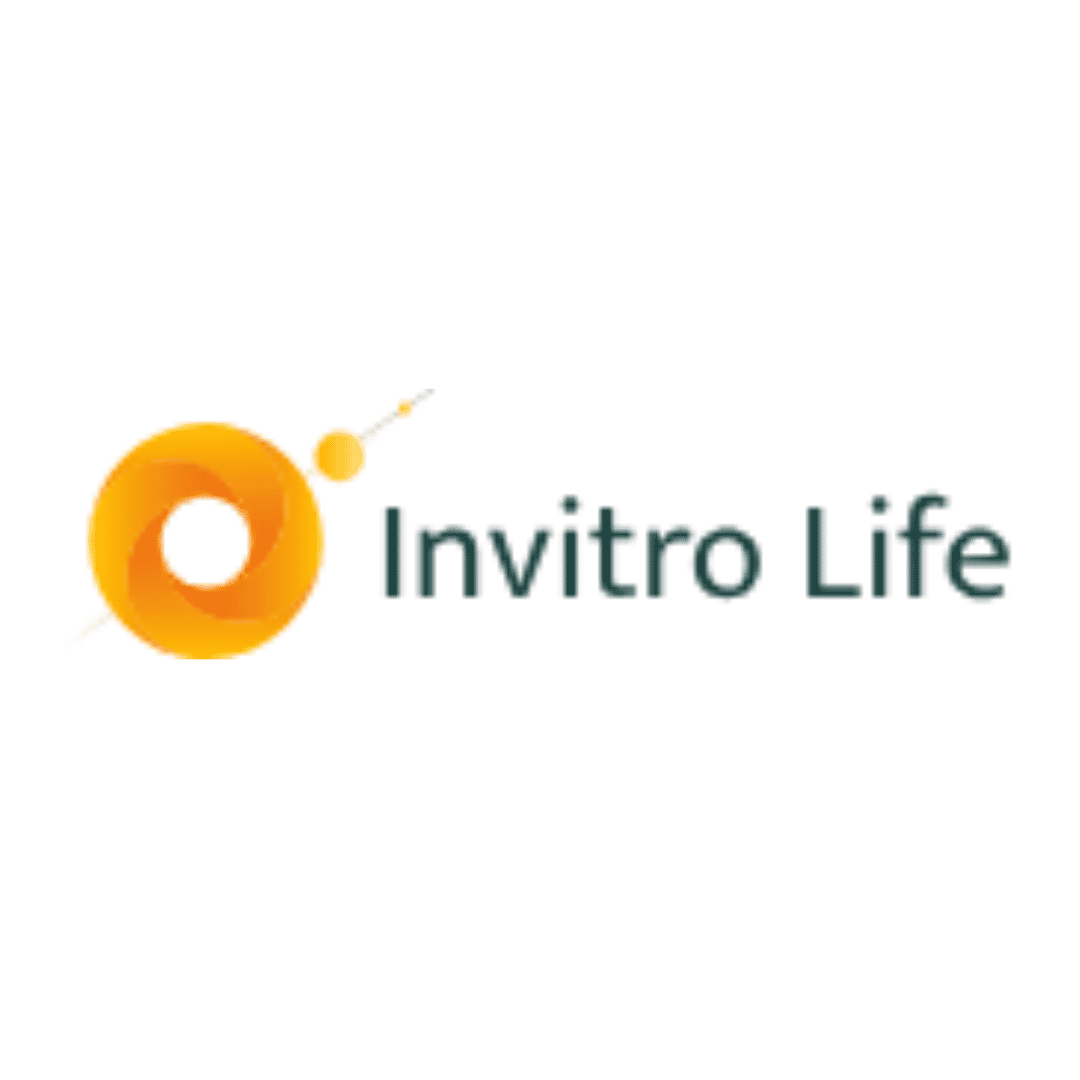How to Choose Your Baby's Gender in Georgia: A Guide

Georgia has become a prominent destination for international reproductive medicine, attracting individuals and couples from around the world. The country's liberal laws on assisted reproductive technologies (ART), including in vitro fertilization (IVF) and surrogacy, have made it an appealing option. A key question for many considering this path is the legality and availability of gender selection. This guide will provide a comprehensive overview of the legal landscape of gender selection in Georgia, addressing the most common questions and concerns.
The legal framework in Georgia, specifically the "Law of Georgia on Health Care," allows for advanced reproductive procedures. This has created a favorable environment for fertility treatments. While the law explicitly permits IVF to prevent hereditary diseases, the practice of non-medical gender selection for family balancing is also a widely offered service by numerous clinics in the country, operating in a space that is not explicitly prohibited by the law. This has led to Georgia being recognized as one of the few countries where couples can choose the gender of their child.
What is the legal status of gender selection in Georgia?
"Gender selection in Georgia is legal, particularly for medical reasons to avoid sex-linked genetic disorders. Non-medical gender selection for family balancing is not explicitly addressed in the law but is a common and accepted practice in fertility clinics across the country."
The "Law of Georgia on Health Care," particularly Articles 143 and 144, provides the legal basis for assisted reproductive technologies. This law expressly permits extracorporeal fertilization (IVF) to treat infertility and to prevent the transmission of genetic diseases from parent to child. This means that if a couple is at risk of passing on a gender-specific condition, such as Duchenne muscular dystrophy or hemophilia, they can legally opt for gender selection to ensure their child is not affected.
While the law does not contain specific provisions authorizing or prohibiting non-medical gender selection for family balancing, the absence of a ban has led to its widespread availability. Fertility clinics in Georgia openly advertise and provide this service to both local and international patients. This places Georgia in a unique position, as many other countries with advanced medical facilities have stricter regulations or outright bans on non-medical sex selection.
How is gender selection performed in Georgia?
"In Georgia, gender selection is primarily carried out through Preimplantation Genetic Diagnosis (PGD) or Preimplantation Genetic Screening (PGS) in conjunction with an In Vitro Fertilization (IVF) cycle."
The process begins with a standard IVF cycle, where the woman's ovaries are stimulated to produce multiple eggs. These eggs are then retrieved and fertilized with sperm in a laboratory to create embryos.
After a few days of development, a small number of cells are carefully biopsied from each embryo. These cells are then analyzed using PGD or PGS. This advanced genetic testing serves two main purposes: it screens the embryos for any chromosomal abnormalities, increasing the chances of a healthy pregnancy, and it also reveals the gender of each embryo. Once the genetic information is known, the intended parents can choose the embryo of the desired sex for transfer to the uterus.
Is non-medical gender selection (family balancing) legal in Georgia?
"Yes, non-medical gender selection, often referred to as family balancing, is effectively legal and widely practiced in Georgia, although it is not explicitly mentioned in the country's health laws."
While the primary legal justification for gender selection in Georgian law is medical, the lack of any specific prohibition on its use for non-medical reasons has created a permissive environment. Fertility clinics in Georgia commonly offer gender selection to couples who wish to choose the sex of their child to balance their family, for instance, if they already have one or more children of the same gender.
This makes Georgia a popular destination for "reproductive tourism," as many individuals and couples from countries where non-medical gender selection is illegal travel to Georgia to access this service. It is important for prospective parents to be aware that while the practice is common, the legal framework is not as explicit as it is for medical gender selection.
Are there any restrictions on who can undergo gender selection in Georgia?
"Generally, married heterosexual couples and single women can access gender selection services in Georgia. However, the legal situation for same-sex couples and single men, particularly in the context of surrogacy, can be more complex."
The laws governing assisted reproduction in Georgia are most straightforward for married heterosexual couples. Single women seeking to use donor sperm can also typically access IVF and gender selection services without issue.
The legal landscape becomes less clear for other intended parents. While some clinics may offer services to unmarried couples and single men, the legal recognition of parentage, especially in surrogacy arrangements, can be more challenging. It is highly recommended that all intended parents, particularly those who are not a married heterosexual couple, seek legal counsel to understand their rights and the legal processes involved in establishing parentage in Georgia.
What is the cost of gender selection in Georgia?
"The cost of an IVF cycle with PGD/PGS for gender selection in Georgia typically ranges from $7,000 to $12,000 USD. This cost can vary depending on the clinic, the specific services included, and the individual needs of the patient."
This estimated cost generally includes the initial consultations, the IVF procedure itself, the PGD/PGS genetic testing, and the embryo transfer. However, it's important to clarify with the chosen clinic what is included in their package.
Additional costs to consider may include:
- Medications for ovarian stimulation
- Donor eggs or sperm, if required
- Embryo freezing and storage
- Travel and accommodation expenses
Despite these additional costs, the overall price of gender selection in Georgia is often significantly lower than in other countries where the procedure is available, such as the United States.
How does the law on gender selection in Georgia differ for surrogacy?
"While gender selection is available for those undergoing IVF for themselves, there is some ambiguity and conflicting information regarding its application in surrogacy arrangements. Some sources suggest that within surrogacy, gender testing is only permitted for medical reasons."
This is a crucial point of distinction. While clinics may offer non-medical gender selection as part of a standard IVF cycle, the regulations surrounding surrogacy can be interpreted more strictly. The primary purpose of surrogacy, as outlined in Georgian law, is to help those who are medically unable to carry a pregnancy.
Therefore, while an intended parent undergoing IVF for themselves might have the option of non-medical gender selection, it is not definitively clear that this option is legally extended to surrogacy arrangements for the purpose of family balancing. Intended parents considering surrogacy in Georgia with a desire for gender selection should seek explicit clarification on this matter from both their chosen clinic and legal advisors.
What are the success rates for IVF with gender selection in Georgia?
"The success rates for an IVF cycle with gender selection in Georgia are comparable to those of a standard IVF cycle and are influenced by factors such as the woman's age, the quality of eggs and sperm, and the overall health of the intended parents. The gender selection itself, through PGD/PGS, is highly accurate."
The PGD/PGS testing process is close to 100% accurate in determining the sex of an embryo. However, this does not guarantee a successful pregnancy. The success of the IVF cycle depends on the successful implantation of the selected embryo and a healthy pregnancy.
Clinics in Georgia generally report good success rates, often attributed to their experienced medical teams and advanced laboratory technology. It is always advisable for intended parents to request and review the specific success rates of the clinic they are considering.
Are there ethical considerations with gender selection in Georgia?
"Yes, as with any country where it is practiced, there are ethical debates surrounding non-medical gender selection in Georgia. These discussions often revolve around concerns about gender stereotyping, the potential for gender imbalance in the population, and the commodification of children."
Proponents of non-medical gender selection argue for reproductive autonomy, believing that individuals should have the right to make decisions about their own families, including the gender of their children, especially for the purpose of family balancing.
Opponents raise concerns about the potential for reinforcing gender biases and the ethical implications of choosing a child's characteristics. The World Health Organization (WHO) has expressed opposition to non-medical sex selection due to these ethical and social concerns. While legally available in Georgia, prospective parents should be mindful of these broader ethical discussions.
Have there been any recent changes to Georgia's reproductive laws?
"While there have been recent public discussions and proposed legislative changes regarding surrogacy for foreign nationals in Georgia, these have not specifically targeted the legality of gender selection itself. The focus of recent debates has been on potentially restricting access to surrogacy for non-Georgians."
It is important for anyone considering reproductive treatments in Georgia to stay informed about the evolving legal landscape. News reports have highlighted discussions within the Georgian government about new regulations for the surrogacy sector.
As of now, these proposed changes have not been enacted into law, and they do not appear to directly affect the practice of gender selection for those undergoing IVF for themselves. However, the situation is subject to change, and it is crucial to consult with local legal experts for the most current information.
Do I need a medical reason for gender selection in Georgia?
"While a medical reason, such as preventing a genetic disease, is the explicit legal basis for gender selection, in practice, a medical reason is not required for family balancing purposes in many Georgian clinics."
This reflects the gap between the letter of the law and its practical application. The law clearly supports gender selection to avoid the transmission of sex-linked hereditary conditions.
However, due to the absence of a specific prohibition, clinics have the latitude to offer gender selection for non-medical reasons. Therefore, while you do not necessarily need a documented medical reason for family balancing, the legal standing for this practice is less explicit than for medical indications.
What is the process for international patients seeking gender selection in Georgia?
"The process for international patients is designed to be as smooth as possible. It typically involves an initial online consultation, followed by a visit to Georgia for the main procedures."
The general steps are as follows:
- Initial Consultation: Contact a fertility clinic in Georgia for an online consultation to discuss your medical history, treatment options, and costs.
- Pre-treatment Preparations: You may be required to undergo some preliminary tests in your home country.
- Travel to Georgia: You will need to travel to Georgia for the ovarian stimulation, egg retrieval, and embryo transfer procedures. This typically requires a stay of about two to three weeks.
- IVF and PGD/PGS: The IVF cycle and genetic testing of the embryos will be performed at the clinic.
- Embryo Transfer: The selected embryo of the desired gender will be transferred to the uterus.
- Follow-up: After the procedure, you can return to your home country. A pregnancy test is usually done about two weeks after the embryo transfer.
Many clinics in Georgia have experience working with international patients and can provide assistance with travel logistics and accommodation.
Ready to explore your options for gender selection and other fertility treatments? Explore PlacidWay's network of trusted clinics and healthcare providers in Georgia to find the right solution for your family-building journey.


.png)




.png)
.png)








Share this listing